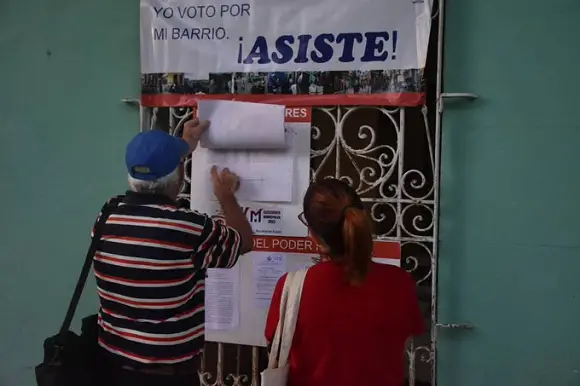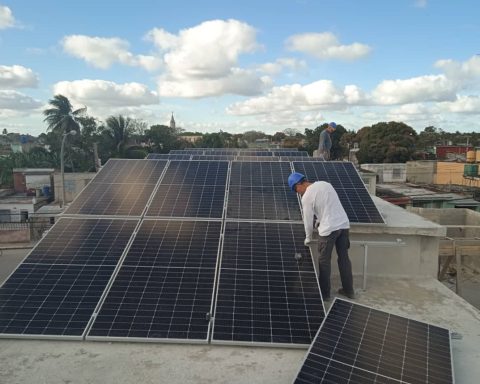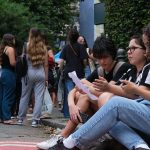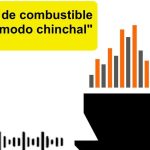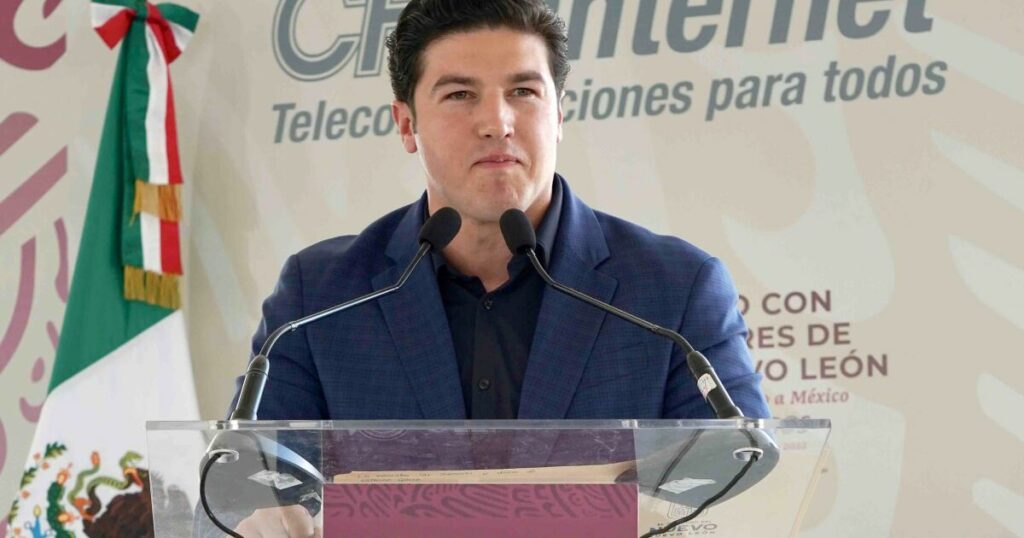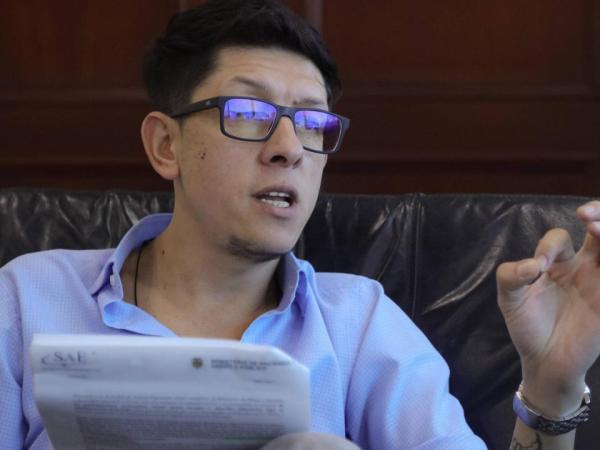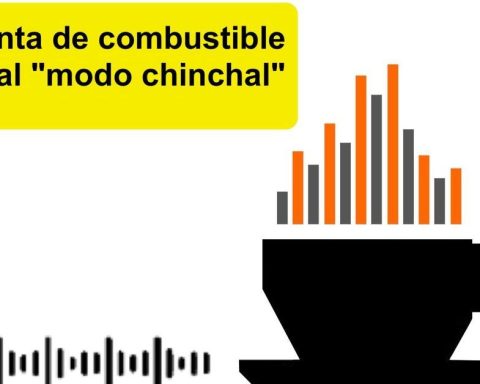Havana Cuba. — In an article published last Sunday in CyberCubacolleague Arnaldo M. Fernández seeks an answer to the question that he formulates from the same headline: Political apartheid in Cuba: What can voters do in the next elections?.
In this journalistic work, the author describes the votes for deputies as “the only parliamentary elections in the world that, by legal design, guarantee that everyone is elected only if they vote for themselves, even if all other voters vote against”.
The approach is ingenious, but inaccurate. To begin with, it seems excessive to give the name “elections” —without even using a few quotation marks!— to this electoral farce. In it, citizens have no choice; and to such a great extent, that there has never been the case of a candidate for deputy (or provincial delegate, under the previous Constitution) that has not “won”. Therefore, citizens do not choose.
But, in addition (and to be exact), we would have to point out that it is not contemplated as a possibility that voters “vote against” in these processes. These differ on this point from the referendums orchestrated by the Havana regime (such as those called in 2019 to approve the “Raulista Constitution” or in 2022 on the Family Code).
In these last popular consultations, it was possible to opt for “No”, which was exactly the opposite of what the regime invited to do. It is for this reason that (in those referendums) I urged my compatriots on the island to go to the polling stations to vote against the regime; so i did it myself. But it never crossed my mind to attack opponents (perhaps the majority) who recommended abstention.
Mr. Fernández, in his writing, does exactly the opposite. He formulates an approach with which I find it impossible for any dissident to agree. We read there: “Leaving the ballot blank or annulling it is the only direct political action against the dictatorship in these elections, since a peaceful opponent who does not vote is equivalent to an uprising that defects.”
From this highly risky and arbitrary statement, it logically follows that, according to the author I have cited, in order to be a consistent fighter against Castroism (as opposed to a “deserter”), on this occasion it would also be necessary for all anti-communists to turn out to vote. .
In light of the realities (and what Mr. Arnaldo himself acknowledges), that opinion is untenable. I keep reading in your aforementioned writing a fundamental admission: that each ballot “only gives the option to vote for one, some or all” (the candidates). Next, the author acknowledges that you can “smudge the ballots or leave them blank, but neither are counted as valid votes.”
Or to put it another way: for a voter’s vote to “count” it is necessary for him to vote for at least one of the pro-government candidates. That is to say: that they become an accomplice of the regime, by voting for at least one of those who were nominated through the tricky mechanism of the “candidacy commissions”! One just as bad as the others, since the essential characteristic of all the nominees, the requirement sine qua non to be considered even in the official plans, is the absolute unconditional support for Castroism! On what, then, is Fernández based to affirm that these “elections” are “equivalent to a referendum”? What is the “structural crack” that he sees in them!
By making his unfortunate comparison in which he equates a “peaceful opponent who doesn’t vote” with “a rebel who defects”, colleague Arnaldo errs by omission. He has not taken into account that, according to the unwritten rules of the communist liturgy, the first thing a citizen must do is go to vote. If he does not do so, he will be committing a “crime against revolution.”
It is for this reason that when, starting in 1976, citizens were summoned to vote again (at that time to elect only municipal delegates) the representatives of the regime and their cotorrones filled their mouths to talk about the high percentages of participation achieved. (for example, 98% of those registered in the constitutional referendum of that year).
Happily, a long time has passed, and the manipulative scaffolding of Castroism is crumbling before our eyes; the regime’s stranglehold on information ceased to exist. In addition, the disaster to which the unfeasible policies of bureaucratic socialism have led our country has become more and more evident. So it should not surprise us that, for example, in the recent municipal elections, participation was the lowest in history: less than 69% of the electoral roll.
And this, I emphasize, in municipal elections, which (although with buts that are irrelevant to specify here) are the only ones that in Cuba deserve the name of elections, since in them the citizen has the possibility of choosing between several candidates. In addition, due to the local nature of the process, it is not uncommon for certain citizens to feel obliged to support one of the candidates, whom they know and with whom they may have friendships or even kinship.
Of course, none of these circumstances will occur in the upcoming votes for deputies on March 26. There, at the municipal level, they will meet several candidates who, for the most part, are a thousand miles (both in a straight and figurative sense) from the calamitous realities that ordinary Cubans suffer today.
Among the former there are individuals whose only link with the municipality for which they are nominated is to have been born in it (although even this is not essential, as demonstrated by the case of Luis Alberto Rodríguez López-Calleja, a Santa Clara native designated to represent in the ” National Assembly”… to the municipality of Remedios!).
Less than half of the current candidates for deputies do reside in the jurisdiction that nominated them. Some of them were even elected by their neighbors as councillors. But his exaltation to the National Assembly is not due to that. His unconditional support towards the regime had much more impact. Also, to a lesser extent, his profession or trade, which Castroism, in the political demagoguery of its mass media, wields to “demonstrate that all sectors of the Nation are represented in Parliament.”
So it is reasonable to think that the percentage of those who go to vote in March for the candidates for deputies is significantly lower than that of those who voted in the last municipal elections. Perhaps it will support less than half of the voters! If this were to happen, all the bland communist rhetoric about the supposed “popular support” they claim to enjoy would fall to the ground!
I believe that all those who act in this way will not be “defecting”. Quite the contrary: they will be demonstrating, before their neighbors and in the face of the regime, that they do not lend themselves to acting like clowns in the electoral mojiganga on duty, in which it is known in advance that each postulate will without fail occupy the seat to which ” aspire”.
OPINION ARTICLE
The opinions expressed in this article are the sole responsibility of the person who issues them and do not necessarily represent the opinion of CubaNet.
